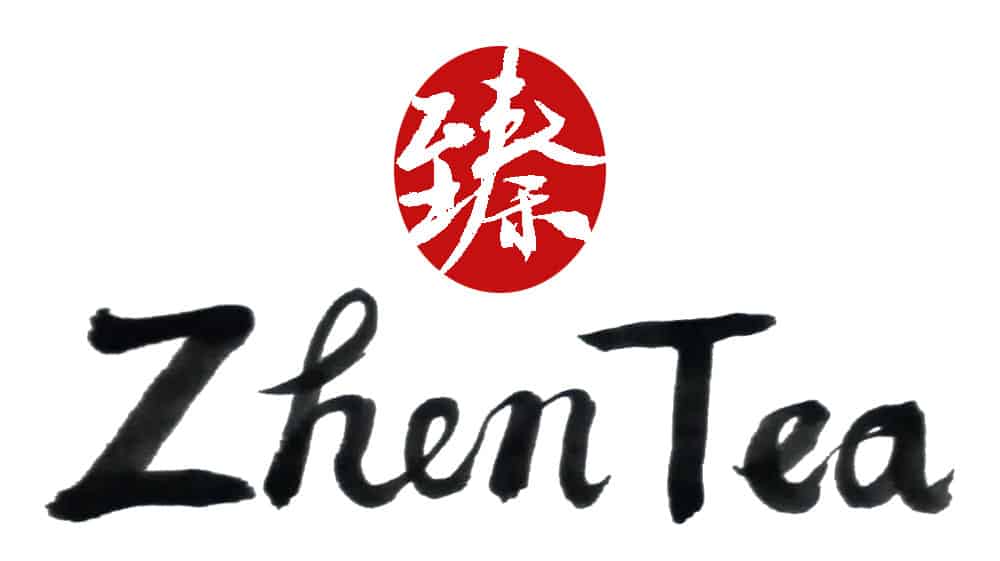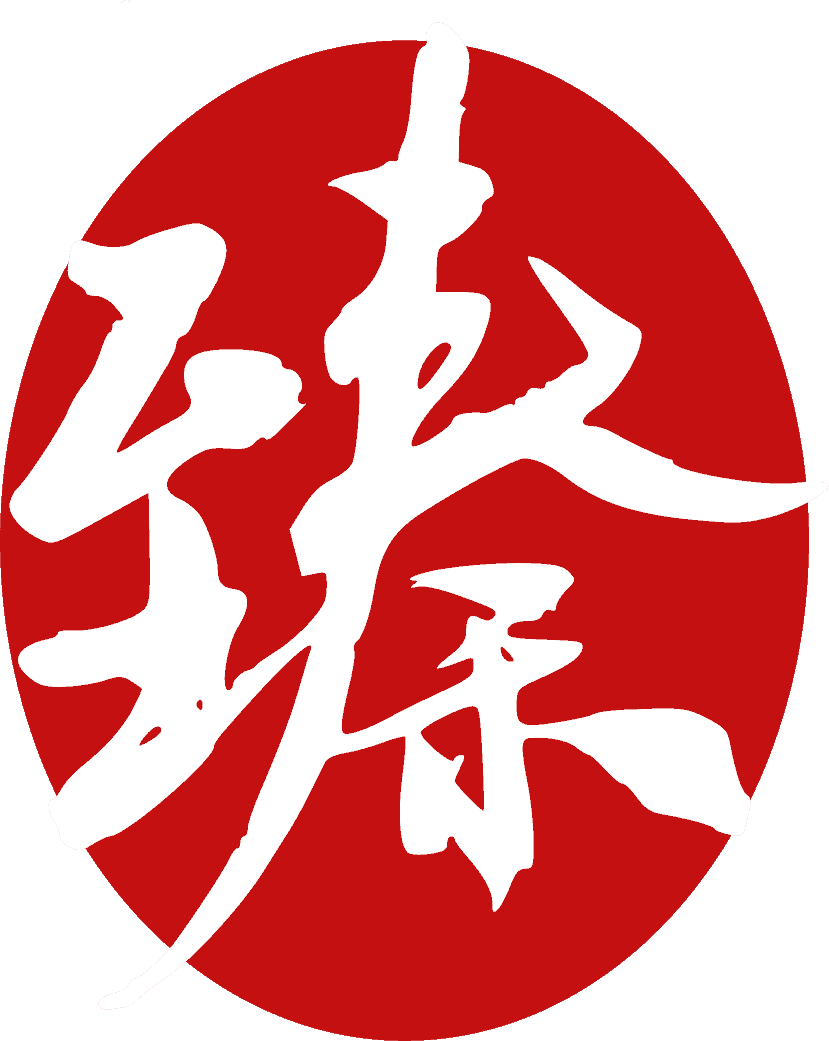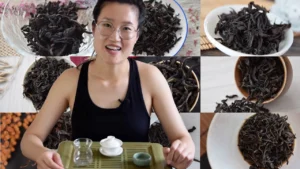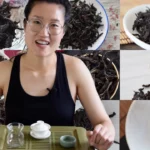Against All Odds
Affected by the coffee culture in North America, individual farmers are often preferred by tea drinkers. However, I think big factories and companies that are guided and even driven by a true love for tea are better for the healthy development of China’s tea industry.
Fenghuang Dan Cong has been gaining its fame rapidly in recent years. However, it has traditionally been a low production tea. In order to increase yields and produce more tea, reduce costs and ultimately add to the bottom line, fertilizer and pesticide are now commonly used and sometimes even sprayed directly on the leaves. Of course, not all tea producers want to do this to the tea, but when the majority of the neighbors spray fertilizer and pesticides, those who decide not to do the same will suffer as pests converge on the untreated farms and destroy their livelihood.
This is a situation where big companies that are genuinely concerned with quality have an advantage. While many companies find it difficult to play the long game and prioritize the quality of the tea over short term profit, we found a Dan Cong company that nailed this model!
Mr. Zheng, the head of Shuangjiniang Shan tea company, picked us up in Shantou in the morning. Shuangjiniang Shan is located deep in the mountains between Shantou city and Chaozhou city. Before they started the tea company there, the mountain was almost wild – there hadn’t been people living there for decades. They revived the small tea gardens that remained and judiciously expanded them.
They built the whole factory from the ground up, and even built the several kilometer long road to access the factory and the gardens. Mind you it’s only a dirt road, and I bumped my head on the ceiling of the truck several times while heading up the mountain. But to be honest, while this was the worst mountain road in terms of comfort, it was the most fulfilling road because it is how I imagined a ride up a mountain should be.
I really appreciate their attitude toward tea production. Rather than taking the linear approach of increasing production to increase profit, they focus instead on the quality of the tea – every aspect of it. When deciding how to cultivate the mountain, they chose not to exploit every inch of it. Instead they only planted the upper middle area. The top and the bottom of the mountain were left pristine and untouched, to maintain the bio-dynamic environment. It may seem a little odd to spend so much money to start a tea company on a wild mountain only to leave half of it overgrown and only use a small part to grow tea. But the bio-dynamic environment is vital for the healthy tea plants. The plants above the tea garden provide shade for the tea bushes. The healthy ecosystem generates rich soil for the tea plants and minimizes the risk of serious pestilence, thereby eliminating the need for pesticides and fertilizers. As most tea farmers do, they also use the natural spring water on the mountain to water the tea gardens, which also contributes to the quality of the tea.
There’s an old saying that the “perfect” tea garden is like a man with a hat on his head, a belt on his waist, and shoes on feet (头戴帽,腰系带,脚穿鞋). The metaphor describes the ideal tea garden, located so that plants can provide shade from above, there’s spring/brook to provide water, and on the bottom of the mountain there’s plants as well. The classic tea mountain scenes that depict vast fields of tea, covering the mountain as far as the eye can see are quite beautiful to behold, and they can produce good tea, but never really fine teas.
Many new privately owned tea companies are using workers to get rid of weeds. It eliminates the need for pesticide and ensures the safety of the tea, but it also increases the cost of the tea.
In Shuangjiniang Shan, they are using pigs! Free range pigs! While they have to be trained not to dig at the roots of the tea bushes, they are no harder to train than dogs. With all the pigs running around, it reminded me of the casual, free range pigs in Yunnan. What a brilliant idea! And as an added bonus, free range pigs taste much better and are safer than the pork we typically get from the market.
With such care for tea’s natural environment, the garden easily passed the SGS testing (a body that certifies organic for many nations). And the result all the test items are not just below the accepted levels, but actually not detected!
Another aspect that impressed me is that they also work with universities providing students majoring in tea (yes, that a major in China) a chance to connect academia to reality. Another forward looking way to improve the outlook of the next ‘crop’ of tea professionals.
There are numerous tea events happening in Beijing all the time, many of which are truly impressive. But one stands out in my memory and it comes to mind right away every time I talking about tea events, it set the bar for me. That event mimiced a famous Chinese classical adage (not sure about the English word for this type of saying) 曲水流觞. Besides the beautiful display, it also captured the essence of Chinese Cha Dao.
It was held by Shuangjiniang Shan company. Of course, at that time, I had no idea that I would one day visit their tea mountain and hear their story. That event a couple of years ago had already given me a good impression about the company, but having visiting the mountain and realizing that they share the same ‘ethic’ of tea garden management has vastly deepened my respect for them. In Chinese, this is called yuan (缘), the closest English word is probably fate, or destiny.









